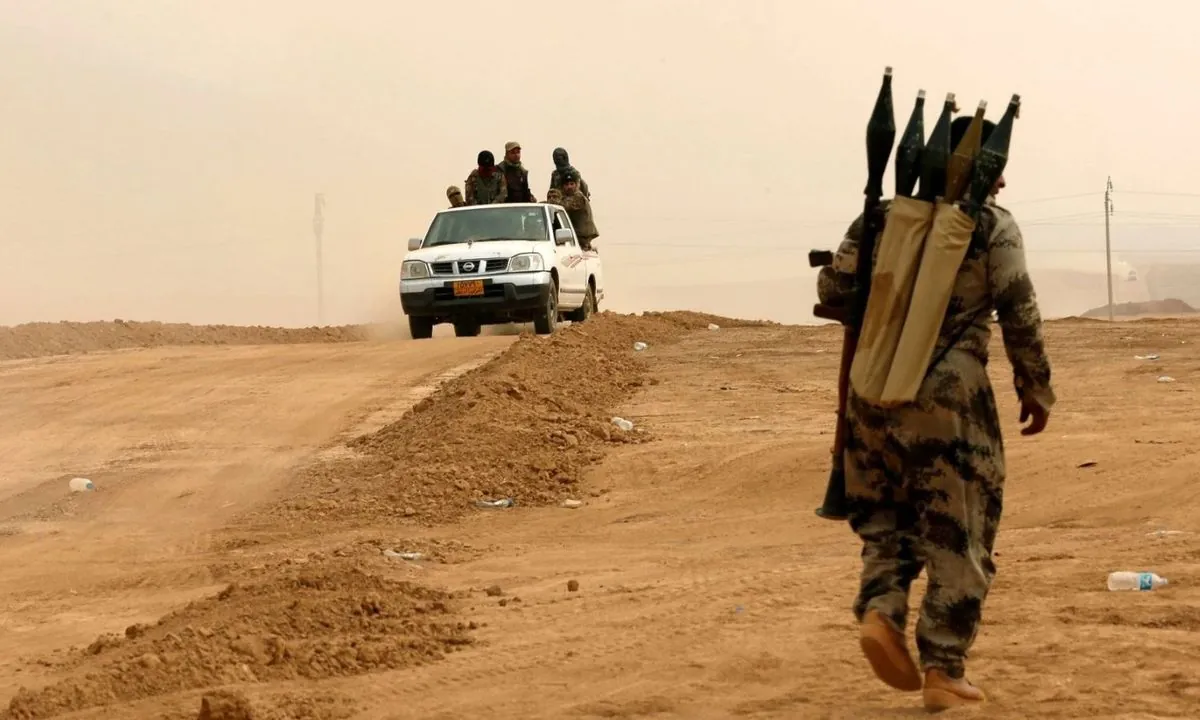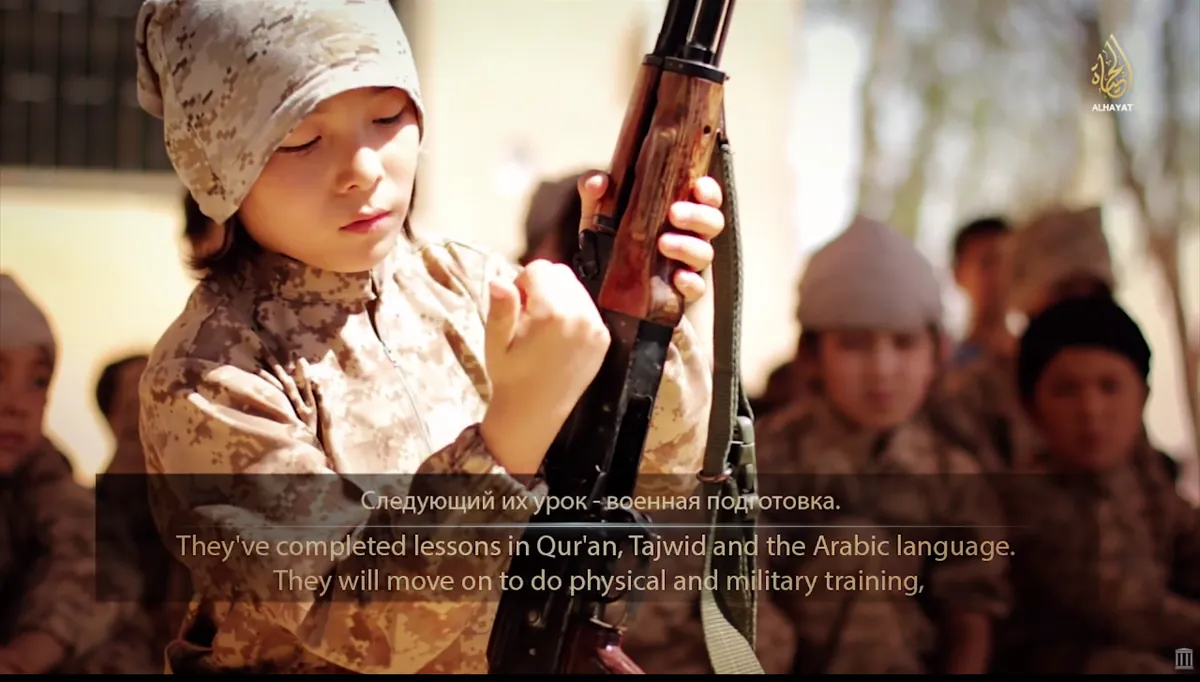IS Claims Solingen Attacker as "Soldier" Amid Global Terror Concerns
Islamic State claims responsibility for Solingen stabbing, highlighting ongoing global threat. Recent attacks in Russia, Iran, and Oman raise concerns about the group's resurgence despite past defeats.

The Islamic State (IS) has recently claimed responsibility for a stabbing incident in Solingen, Germany, referring to the 26-year-old Syrian perpetrator as their "soldier". This declaration comes amidst growing concerns about the group's persistent threat, despite significant setbacks in recent years.

In the past year, IS has been linked to several major attacks globally. In March 2024, an assault on a Russian concert hall resulted in at least 143 fatalities. Two months earlier, twin explosions in Kerman, Iran, claimed nearly 100 lives. More recently, in July 2024, a suicide attack on an Omani mosque killed at least nine people, raising fears of the group's potential resurgence in new territories.
"The attack in Solingen was carried out by a soldier of the Islamic State in response to calls to target coalition countries."
The history of IS dates back to 1999, when it was founded as Jama'at al-Tawhid wal-Jihad. The group reached its zenith between 2014 and 2017, controlling vast swathes of Syria and Iraq. During this period, IS imposed a brutal interpretation of Islamic law and attracted thousands of foreign fighters from around the world.
Abu Bakr al-Baghdadi, the group's former leader who declared himself "caliph" of all Muslims, was killed in a U.S. special forces operation in 2019. The current leader, known by the pseudonym Abu Hafs al-Hashimi al-Quraishi, assumed the role in August 2023 but remains largely enigmatic.
Following the collapse of its self-proclaimed caliphate, IS has adapted its tactics. The group now operates through autonomous cells scattered across Iraq and Syria, with an estimated strength of 10,000 fighters in its core areas. Many key foreign fighters have relocated to countries like Afghanistan, joining the IS Khorasan branch (ISIS-K).
IS has also expanded its influence in Africa. In Uganda and the Democratic Republic of Congo, IS-affiliated groups have carried out numerous attacks. The group's presence extends to West Africa and the Sahel region, where affiliates control significant rural areas.
Despite these activities, the U.S. National Counterterrorism Center assesses that the threat posed by IS is currently at a low point. However, it warns that half of IS's branches are actively engaged in insurgencies across Africa and may be poised for further expansion.
As the international community continues to monitor and combat the IS threat, the recent attack in Solingen serves as a stark reminder of the group's ongoing ability to inspire and claim acts of violence worldwide.


































